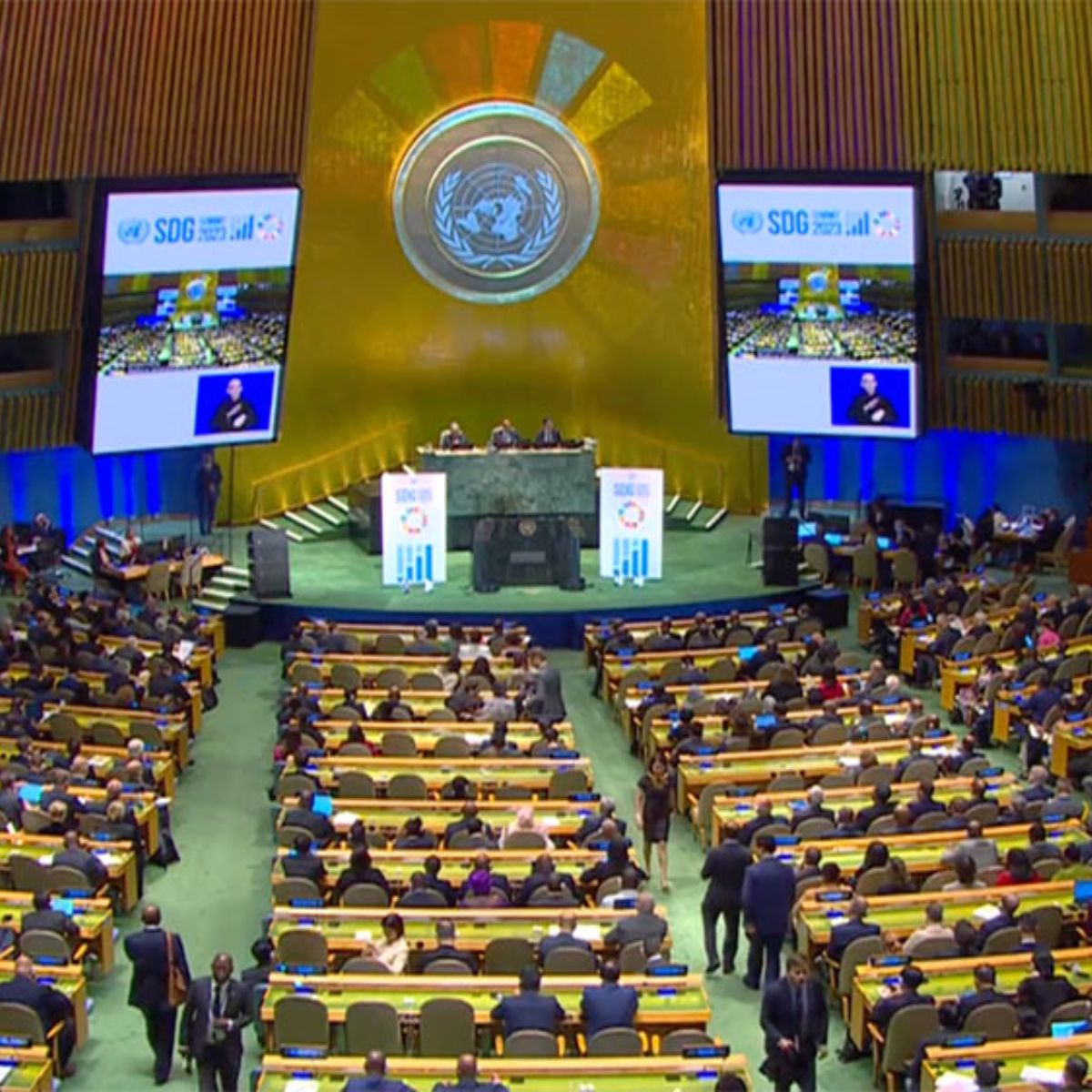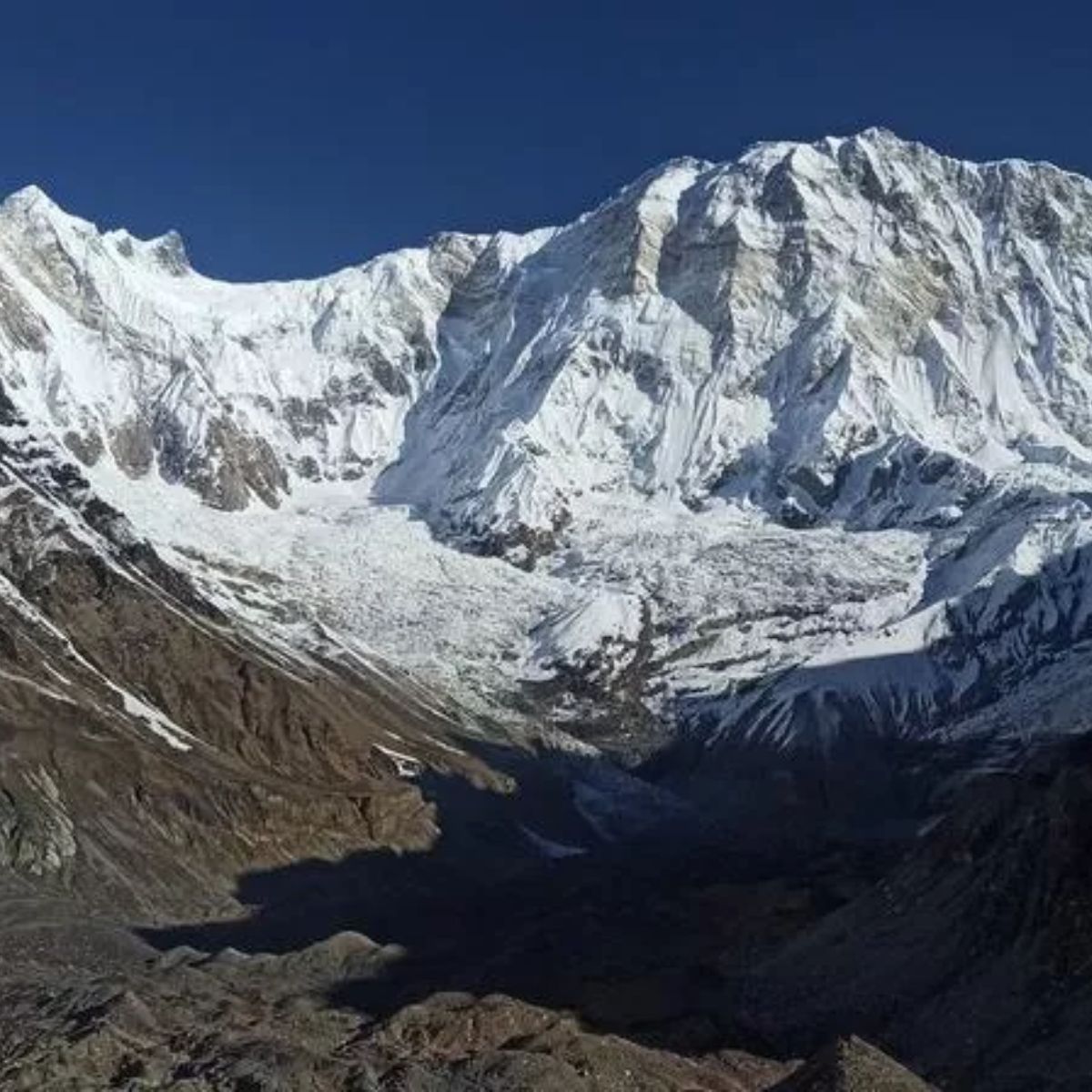UN sounds health alarm on climate change
Source: New Straits Times
Date: 21 Sep 2023
UN General Assembly officials warn that the climate crisis increasingly threatens public health. They call for enhanced training, research, and resilience efforts to tackle these challenges, emphasizing the significance of the UN Sustainable Development Goals for 2030. The World Health Organization predicts 250,000 annual climate change-related deaths and attributes one in four deaths to preventable environmental causes. Rising temperatures, air pollution, and climate-related factors exacerbate diseases and affect pregnancies. These health impacts imperil development goals, potentially causing poverty and displacement, particularly among women. This necessitates sexual reproductive rights and healthcare services. The healthcare sector, responsible for 5% of emissions, must reduce its carbon footprint and adapt to growing demands. Initiatives to make clinics climate-resilient are underway in select US states. The UN’s growing recognition of the climate-health connection sets the stage for health to be a central focus at COP28.
Rising global temperature takes centre stage at Climate Action Summit
Source: Kunesel Online
Date: 23 Sep 2023
Global temperatures rise at an alarming 1.5 degrees in various regions, triggering calls for immediate action by world leaders. Bhutan faces its hottest summer on record, resulting in devastating floods. During Climate Week and the Climate Action Summit, leaders, activists, and business figures convened to address climate change. UN Secretary-General António Guterres stressed the urgent need for action, warning of dire consequences. This meeting preceded the COP28 climate summit, focusing on clean energy and renewables. US President Joe Biden pledged $375 billion for climate action. Bhutan grapples with climate-driven disasters, including glacial lake outburst floods, despite its carbon neutrality commitment. To avert severe climate impacts, the world must achieve net-zero emissions by 2050, as exceeding the 1.5-degree threshold carries grave consequences.
Trekking in the time of climate change
Source: Nepali Times
Date: 23 Sep 2023
Climate change is impacting trekking in Nepal, making weather patterns more unpredictable. Trekkers should prepare for changes in itinerary or duration due to extreme weather events caused by climate change. Rising temperatures increase the risk of avalanches and rockfalls as melting ice becomes a concern. With more accurate weather forecasts, it’s possible to mitigate some of these risks, preventing tragedies like the 2014 blizzard in Central Nepal. Trekkers and local communities must stay vigilant, heed weather warnings, and take precautions. Despite these challenges, trekking in Nepal remains a unique experience, contributing to the country’s economy while allowing travelers to enjoy its biodiversity and culture.



